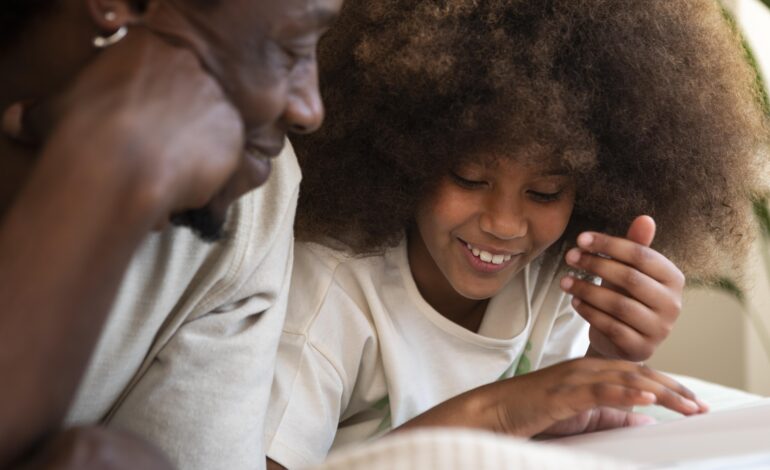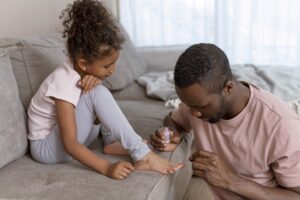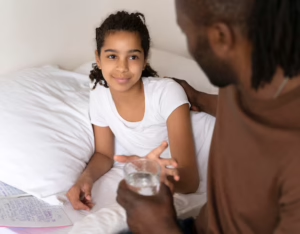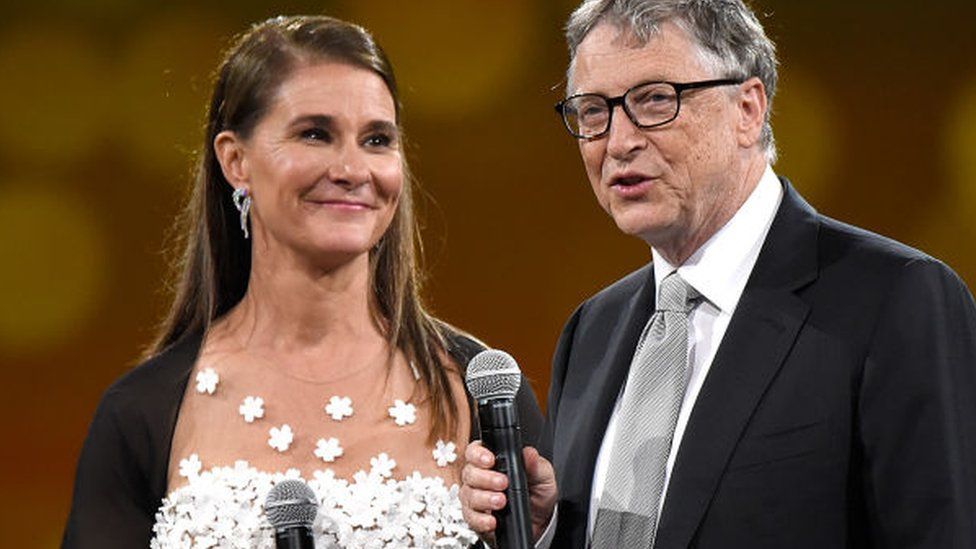Having Sexual Reproductive Health conversations with your child

Parents hold a significant responsibility in shaping their children’s future, not only through education and moral guidance but also by providing them with the necessary knowledge to navigate life’s complexities.
One crucial aspect often overlooked is sexual reproductive health (SRH) education. According to the World Health Organization (WHO), sexual health is a state of physical, mental and social well-being in relation to sexuality, which is not the absence of disease, dysfunction or disability.

The latest report from WHO on (SRH) emphasizes the critical importance of addressing SRH needs for adolescents (ages 10-14) who, in most cases, face significant challenges, such as sexual coercion, intimate partner violence, high rates of early and unwanted pregnancies, and lack of access to health services and education. The report also stresses the need for comprehensive sexuality education to help mitigate these issues and promote informed decision-making among young people.
Engaging children in SRH education from a younger age is paramount for their overall well-being and development. Here’s why:
Building a Strong Foundation
Introducing children to SRH education early lays a solid foundation for their understanding of their bodies, relationships, and personal boundaries. When children are educated about their anatomy and the natural processes of their bodies, they become more comfortable and confident. This knowledge reduces fear and confusion, promoting a healthy self-image and body positivity from a young age.
Promoting Safe Practices
Early SRH education empowers children with the knowledge to make informed decisions regarding their health and safety. By understanding concepts like consent, personal boundaries, and respect for others, children are better equipped to recognize and respond to inappropriate behaviour. This awareness is crucial in preventing abuse and exploitation, as children who are informed are less likely to fall victim to such incidents.
Encouraging Open Communication
Initiating SRH discussions early fosters an environment of trust and openness between parents and children. When children feel that they can talk to their parents about sensitive topics without judgment or shame, they are more likely to seek guidance and support.
This open line of communication is essential for addressing any questions or concerns children might have as they grow, ensuring they receive accurate information rather than relying on potentially misleading sources.
Preparing for Adolescence
Adolescence is a period of significant physical and emotional changes. Children who have been educated about these changes beforehand are better prepared to handle them.
Early SRH education helps demystify puberty, reducing anxiety and stress. It also equips children with the tools to manage their emotions and relationships healthily, fostering a smoother transition into adolescence and adulthood.
Reducing Risky Behaviours
Studies have shown that comprehensive SRH education can lead to a reduction in risky behaviours among adolescents. Children who receive age-appropriate SRH education are more likely to delay sexual activity and use contraception effectively when they do become sexually active. This proactive approach contributes to lower rates of unintended pregnancies and sexually transmitted infections (STIs).
Addressing Misconceptions and Stigma

In many societies, discussing SRH is still considered taboo, leading to misconceptions and stigma. Early education helps break down these barriers by normalizing the conversation around SRH.
Children learn that their curiosity and questions are valid and that seeking knowledge is a positive and responsible behaviour. This cultural shift can lead to a more informed and accepting society overall.
Customizing Education to Developmental Stages
It is important to tailor SRH education to the child’s developmental stage. For younger children, the focus might be on understanding body parts and personal safety. As children grow, the information can become more detailed, covering topics such as puberty, relationships, and reproductive health. This gradual approach ensures that the information is relevant and appropriate for their age and comprehension level.
Engaging children in sexual reproductive health education at a younger age is an investment in their future well-being. By providing them with accurate information, fostering open communication, and preparing them for the changes they will experience, we empower them to make informed decisions and lead healthy lives.
As parents, it is our duty to ensure that our children are equipped with the knowledge and confidence they need to navigate the complexities of growing up. By starting these conversations early, we lay the groundwork for a healthier, safer, and more informed generation.
Want the latest stories delivered straight to you? Click HERE to join our WhatsApp channel.







